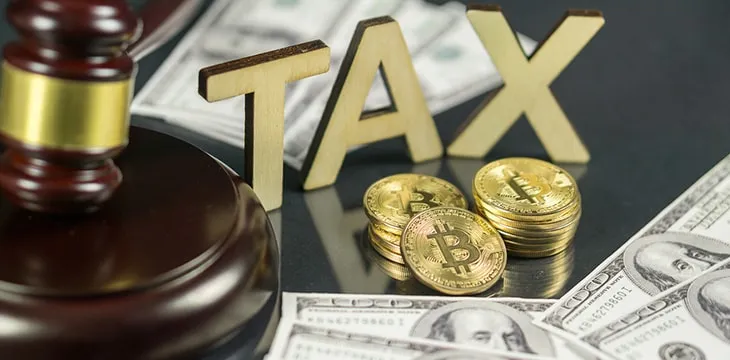|
Getting your Trinity Audio player ready...
|
BCH’s Infrastructure Funding Proposal (IFP), aka mining tax, appears to be dead after one of its main supporters announced he would now vote against the idea. The proposal was due to face a hashpower vote at the next BCH protocol upgrade in May 2020. However IFP supporters said the BCH community would still need to solve BCH‘s investment problem somehow, or similar proposals would continue to appear.
BTC.TOP CEO Jiang Zhuoer, who had re-introduced the idea to BCH in January 2020, posted in a Chinese-language AMA that he would use his personally-owned hashrate to vote against the IFP. He also noted that he owns 3500 petahashes of mining power himself. The change of mind, according to an English report of the AMA, was due to the “great community opposition” the IFP had faced from miners and even some protocol developers.
Known more commonly as the “coinbase tax“, the IFP would have diverted a percentage of BCH mining block rewards to fund projects vital to building out BCH’s infrastructure. However it faced a huge backlash from prominent community members who objected to effectively being forced to pay—or warned the plan would have unintended consequences.
The issue may already have done serious damage to BCH unity, in an era where personality clashes and ideological splits often signal the demise of a blockchain project. Responses to Zhuoer’s announcement suggested some BCH supporters would now work to remove the very idea of a coinbase tax… and its backers.
No we're not. We're well on our way to remove the guys who created the funding problem in the first place from holding everyone else hostage.
— imaginary_username🕶️🌭 (@im_uname) March 5, 2020
Bitcoin ABC lead developer Amaury Sechet, an IFP supporter who would also have been one of the main beneficiaries of its funding, said in a public chat group that BCH would still need to find a way to fund its infrastructure development. Even if this IFP proposal is rejected, he said, other funding proposals would appear in the future.
ABC is the main BCH protocol developer, with its software running on more than half of all BCH mining nodes. Notably, Bitcoin Unlimited (the alternate protocol running on just under 50% of the BCH network) staunchly opposed the plan and even threatened a hard fork split if it went ahead.
It appears the thought of a potentially damaging rebellion was too much for IFP supporters. Although the plan isn’t officially dead just yet, it would be difficult to push it forward without backers like Jiang Zhuoer and other China-based miners. IFP support came mainly from China, with US and other miners mainly objecting.
BCH has faced a funding and infrastructure problem since its split from Bitcoin BSV in November 2018. Several of its major potential investors focused on BSV instead, and mainstream investors are deterred by BCH’s more anarchist/libertarian image. Though there are still plenty of wealthy people willing to support an anti-authoritarian economy in theory, it may not be enough to inject adequate amounts of capital into the space.
Why the IFP/coinbase tax was a problem
The IFP/coinbase tax was unpopular for a number of reasons. Perhaps the main one was the proposal’s vague nature and unanswered questions. Who would manage the fund and decide which projects would (or wouldn’t) receive support? Where would they be based? Was it possible to structure it in a way that guaranteed transparency and avoided nepotism?
Given BCH’s anarcho-capitalist community, many also objected to the involuntary nature of the IFP, hence the popular notion that it represented a “tax”. Though its backers often referred to paying a percentage of mining block rewards as a “donation” that would ultimately boost BCH value, anyone not contributing would find themselves forked from the network.
The proposal’s timing was also tricky: it would have hit miners’ profits in the same period where BTC, BSV and BCH (which compete for mining hashpower) face the “bitcoin halving” events. The halving, built into Bitcoin and its derivatives from the start, will reduce block rewards by 50% starting April 2020—with as-yet-unknown effects on mining incentives and coin value.

 07-01-2025
07-01-2025 





